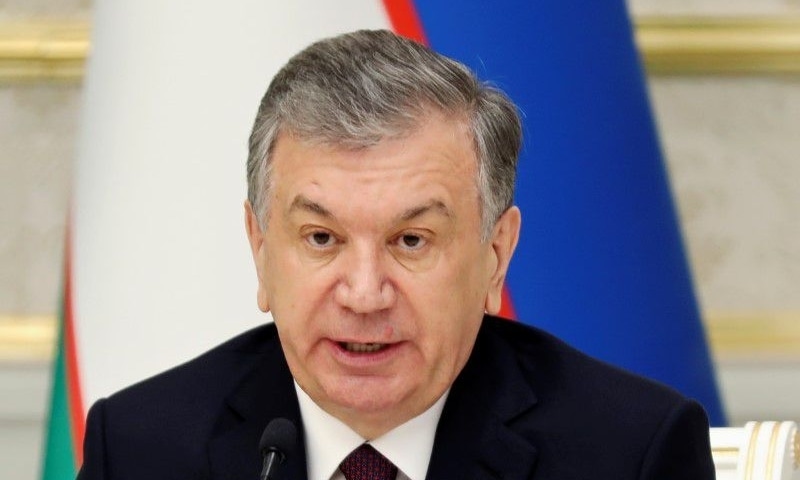Since its independence from the Soviet Union in 1991, Uzbekistan has experienced significant political and socio-economic shifts. At the helm of many of these changes stands Shavkat Mirziyoyev, the president of Uzbekistan, a leader with a vision of ushering the country into a new era of growth, prosperity, and openness.
A Brief Glimpse into Mirziyoyev’s Early Life and Career
Born in 1957 in the Zafarabad district of the Jizzakh Region, Shavkat Miromonovich Mirziyoyev was educated in mechanical engineering. Before venturing into politics, he worked in various positions in agriculture, showcasing a hands-on approach to his responsibilities.
His political ascent began as a governor of the Jizzakh region, and later of the Samarkand region. Both tenures gave him invaluable insights into regional governance, economic challenges, and the aspirations of the people. These experiences laid the groundwork for his future role as the leader of the nation.
Taking the Presidential Mantle
Following the passing of the first president of Uzbekistan, Islam Karimov, in 2016, Mirziyoyev took on the significant responsibility of leading the nation. Recognizing the necessity for reforms and modernization, he began implementing strategies focused on both economic development and improving diplomatic relations with neighboring countries.
Key Achievements and Initiatives
- Economic Reforms: Mirziyoyev’s presidency has been marked by significant economic liberalization. He’s introduced measures to improve the business environment, attract foreign investments, and diversify the economy.
- International Relations: A hallmark of Mirziyoyev’s tenure is his proactive approach to foreign policy. He’s worked to strengthen ties with neighboring Central Asian nations, Russia, China, and the West. His vision is to position Uzbekistan as a vital player in regional stability and cooperation.
- Domestic Policy and Governance: Understanding the need for a more open dialogue with citizens, the president has initiated platforms for public feedback and grievance redressal. Efforts to combat corruption, improve transparency in governance, and ensure the rule of law have also been central to his domestic policy.
- Cultural Revival: Recognizing the rich historical and cultural legacy of Uzbekistan, Mirziyoyev has supported initiatives that promote Uzbek traditions, art, and heritage. This includes the restoration of historical sites, promotion of traditional crafts, and global cultural exchanges.
Challenges and Future Prospects
While Mirziyoyev’s leadership has been transformative in many ways, challenges persist. Economic disparities, the need for further political reforms, and environmental concerns like the Aral Sea crisis require continuous attention.
Yet, with his pragmatic approach, it’s anticipated that Uzbekistan, under Mirziyoyev’s leadership, will continue its trajectory towards becoming a modern, prosperous, and inclusive nation.
Engagement with the Digital Age
In the age of technology and digitalization, it’s commendable to see the president’s engagement with platforms like Twitter. It not only brings him closer to the global audience but also to the younger, tech-savvy generation of Uzbeks, fostering a sense of connection and transparency.
In Conclusion
Shavkat Mirziyoyev’s presidency marks a significant phase in Uzbekistan’s history. His emphasis on economic reforms, diplomatic relations, domestic governance, and cultural revival showcases a holistic approach to nation-building. While challenges remain, the future looks promising for Uzbekistan under his visionary leadership. His engagement with digital platforms underscores the essence of a modern leader, bridging the gap between tradition and the contemporary. For those interested in following his endeavors and announcements, his official Twitter handle provides timely updates and insights.
